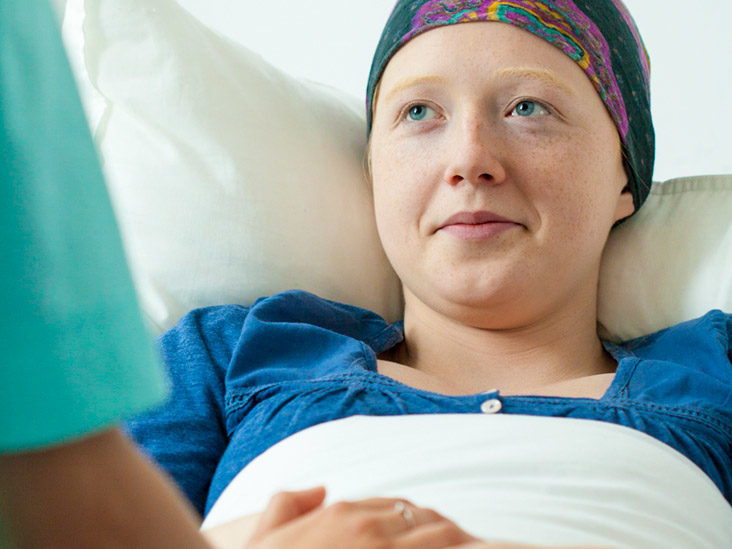
You' ve probably heard the phrase, " Eat the rainbow. " (Even at Halloween, that' s not a plug for Skittles! ) This nutrition rule of thumb means it' s wise to eat a wide variety of fruits and vegetables, ideally that vary in color, to get a range of important nutrients— as Dr. Renee Stubbins, PhD, an oncology dietitian at Houston Methodist Neal Cancer Center, explains: " Having a variety of fruits and vegetables on hand provides your body with a broad range of antioxidant protection. " Antioxidants are compounds that protect cells from damage and have been shown to protect the body from cancer, and " that variety helps protect our bodies from disease, " Dr. Stubbins says.
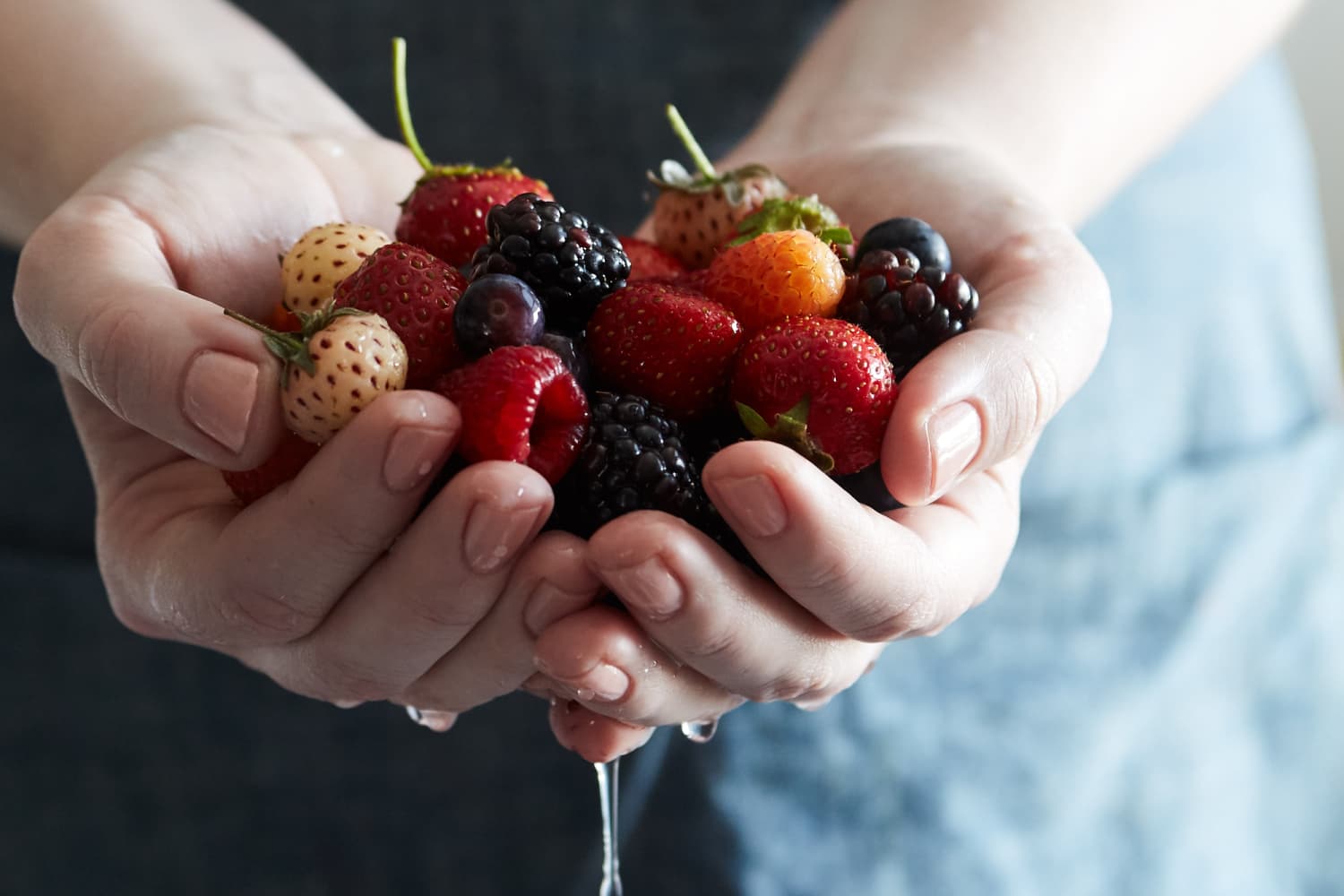
Fresh Berries
No surprise they' re first on the list, berries are famously high in antioxidants. Blueberries often get all the cancer- fighting praise, but most any berry you eat packs a powerfully nutritious punch.
An easy way to keep them in reach? " Typically, I always have frozen berries for smoothies and yogurt bowls, " Dr. Stubbins says.
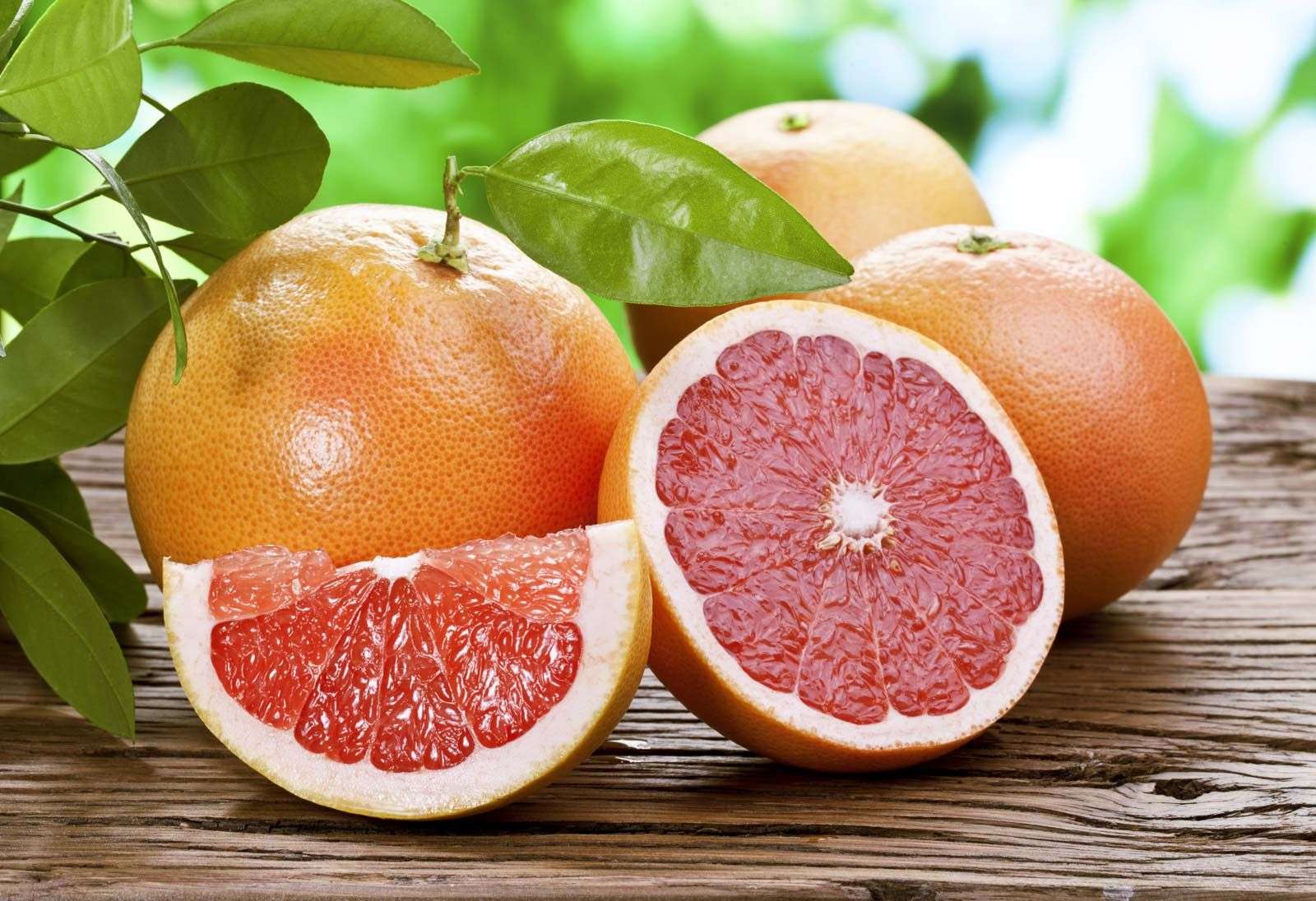
Oranges
These citrusy fruits are bright in more ways than one: eating them delivers plenty of vitamin C, flavonoids, and— who knew? ! — dietary fiber to your diet.
There is substantial research that shows dietary fiber in foods can help lower the risk of colorectal cancer.
Seasonal Fruit
Especially in the fall, apples and pears are some of the season' s stars. And even in colder climates during autumn, farmers markets can be a ripe place to stock up since Dr. Stubbins says that' s where fresh, seasonal fruit " is easier found" than at big- box supermarkets.
Crunchy and sweet, apples have both polyphenol compounds and dietary fiber, which work with microbes in your gut to potentially lower the chance of cancer. Some studies have shown that eating apples could reduce the chances of estrogen receptor negative (ER- ), a type of breast cancer.
Meanwhile, pears have vitamin C, potassium and are an excellent source of fiber. According to the American Institute for Cancer Research, the recommendation for a healthy diet is to consume 30 grams of dietary fiber daily to reduce risk for cancer

Tomatoes
Tomatoes are packed with vitamin C and A as well as beta- carotene and lycopene, a type of carotenoid. One study published in The American Journal of Clinical Nutrition spanned 20 years to show that eating foods rich in carotenoids may decrease the risk of breast cancer. (Lycopene has also been shown to reduce the risk of prostate cancer. )
Dr. Stubbins says she loves eating tomatoes in a caprese salad. (This classic recipe comes courtesy of our sibling site, Taste of Home. )
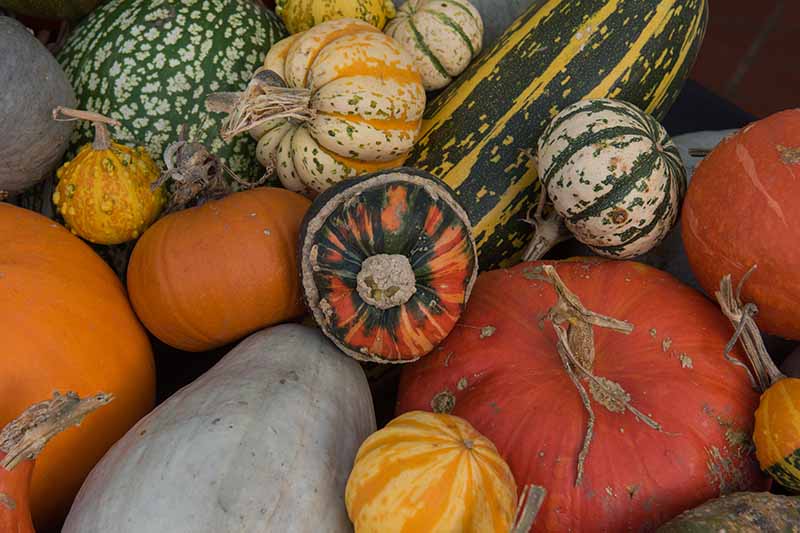
Winter Squash
Winter squashes are another carotenoid- rich category, while delivering beta- carotene and vitamin C. In a 2020 review in Antioxidants, foods with carotenoids were believed to help lower the risk of breast cancer (though the authors stated that more research is needed).
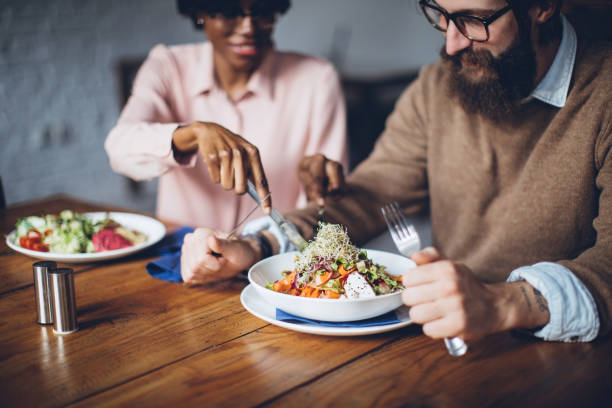
Hummus
Speaking of hummus, chickpeas are the base for the Middle Eastern dip. A type of legume, chickpeas have folate, protein and dietary fiber, which makes you feel full longer.

Chicken Breasts
We all need protein— and recent studies have shown that opting for a lean protein, like chicken, is a healthier pick than processed meats for lowering the risk of colorectal, esophageal and lung cancer.
To help with meal prep, Dr. Stubbins says, " I will marinate usually on Sunday and then cook later in the week. "

Kale
This dark, leafy green has carotenoids and antioxidants, helping the body prevent free radicals from harming DNA that could cause cancer. (Kale also contains vitamin C, folate, calcium, dietary fiber and beta- carotene. )
Dr. Stubbins suggests there' s no harm in taking a shortcut when it comes to working more kale into your diet. " I buy it already washed and prepped [because] it' s easier to add to soups or make a quick salad, " she says.
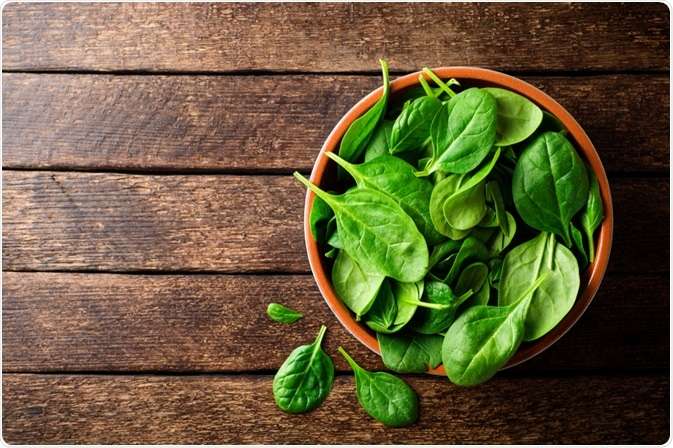
Spinach
Once again, Dr. Stubbins goes for pre- washed, bagged spinach— " [It' s] easier to add to smoothies or make a quick salad, " she says.
Spinach is loaded with vitamin C, fiber and beta- carotene and may have phytochemicals that can protect against cancer.
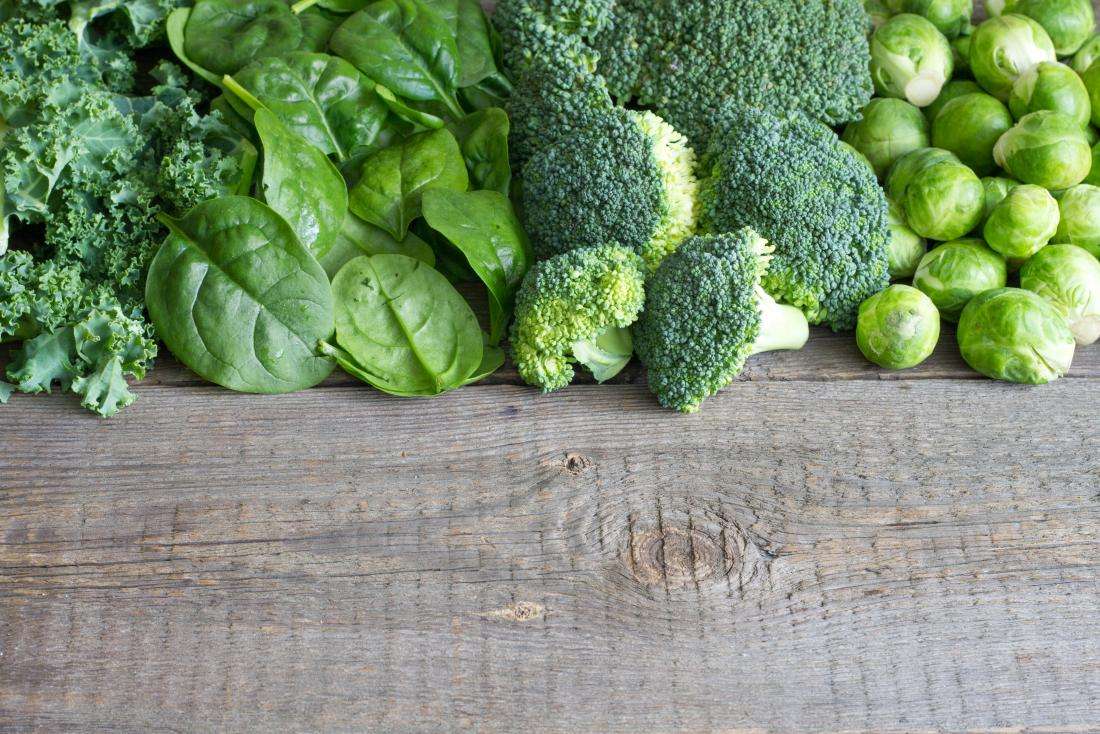
Cruciferous Vegetables
Cruciferous vegetables— think those leafy veggies like broccoli, Brussels sprouts, cabbage, and cauliflower— contain folate, beta- carotene, vitamin C, and dietary fiber. (Fun fact: this family of vegetables is called " cruciferous" from Latin, thanks to the fact that they' re picked from the stem and then branch out, vaguely resembling a cross. )
For one, Brussels sprouts are loaded with vitamin C and antioxidants and protect the body from free radicals. And broccoli contains sulforaphane, a compound that one 2017 nutritional biochemistry study found may protect against prostate cancer, due to the minimizing of the long noncoding RNAs preventing cancerous cells from spreading. Additionally, a study published in Nutrition and Cancer found that cruciferous vegetables may protect against ovarian cancer.
Dr. Stubbins shared one of her favorite ways to use cruciferous vegetables: " I love making cabbage steaks or stir- fry with cabbage [and other cruciferous vegetables], " she says.


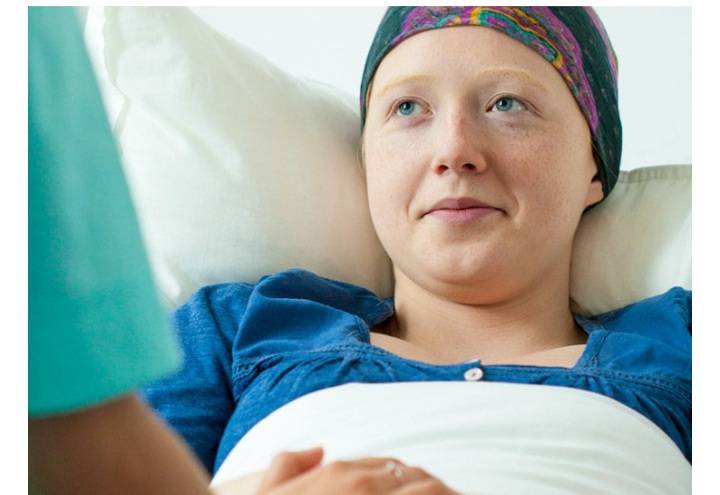
No comments yet
Be the first to share your thoughts!